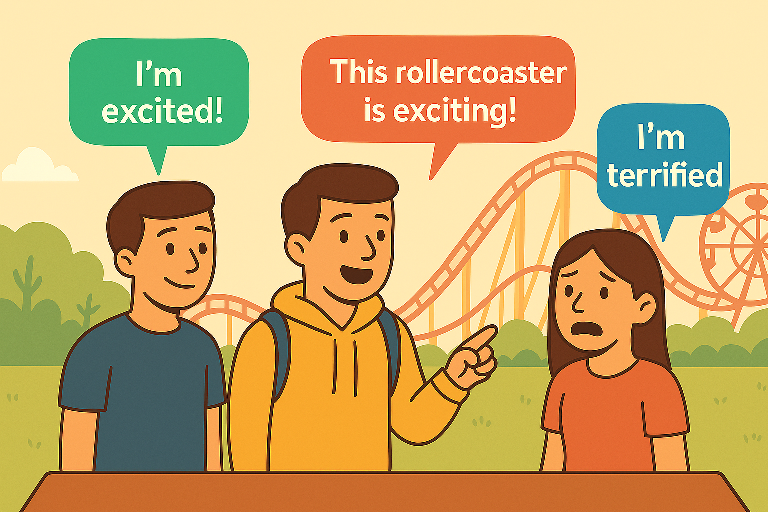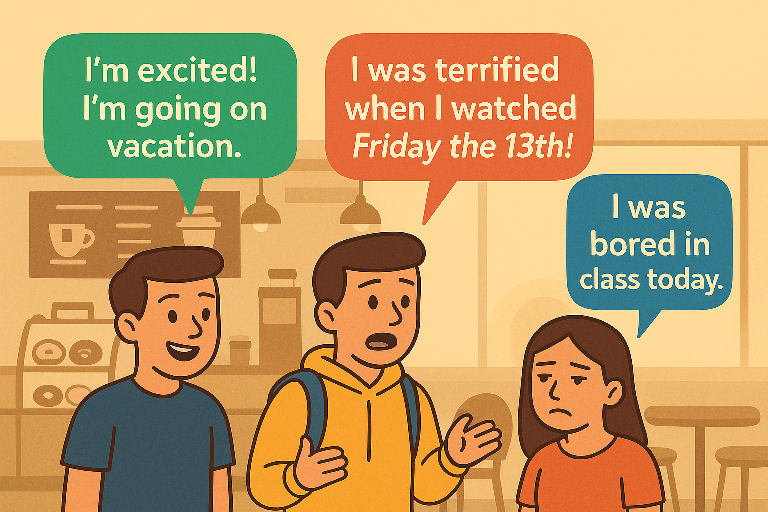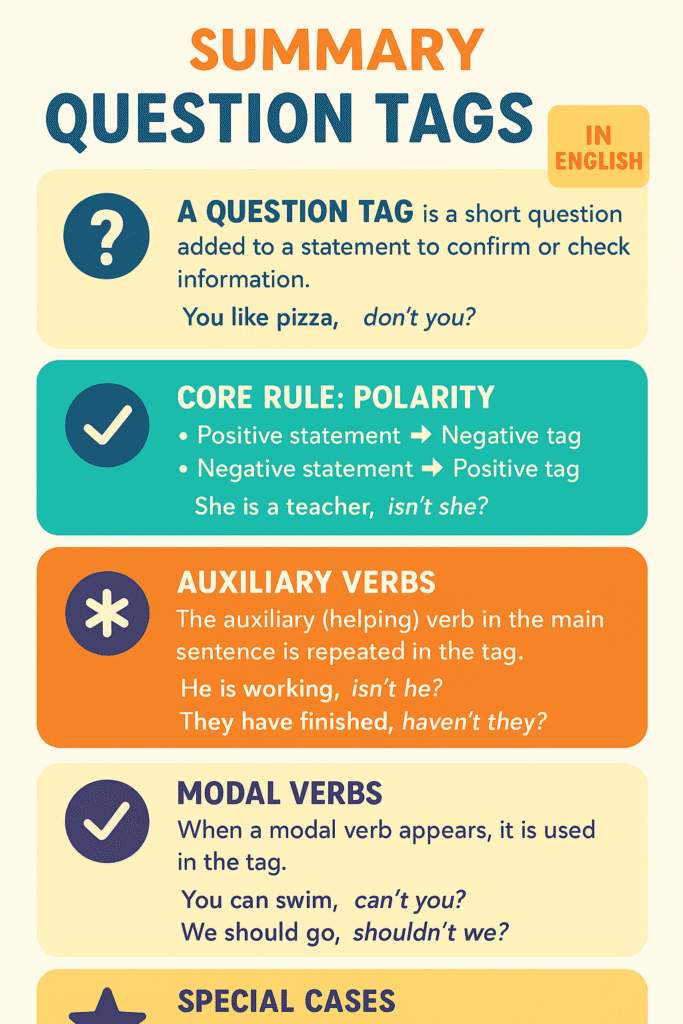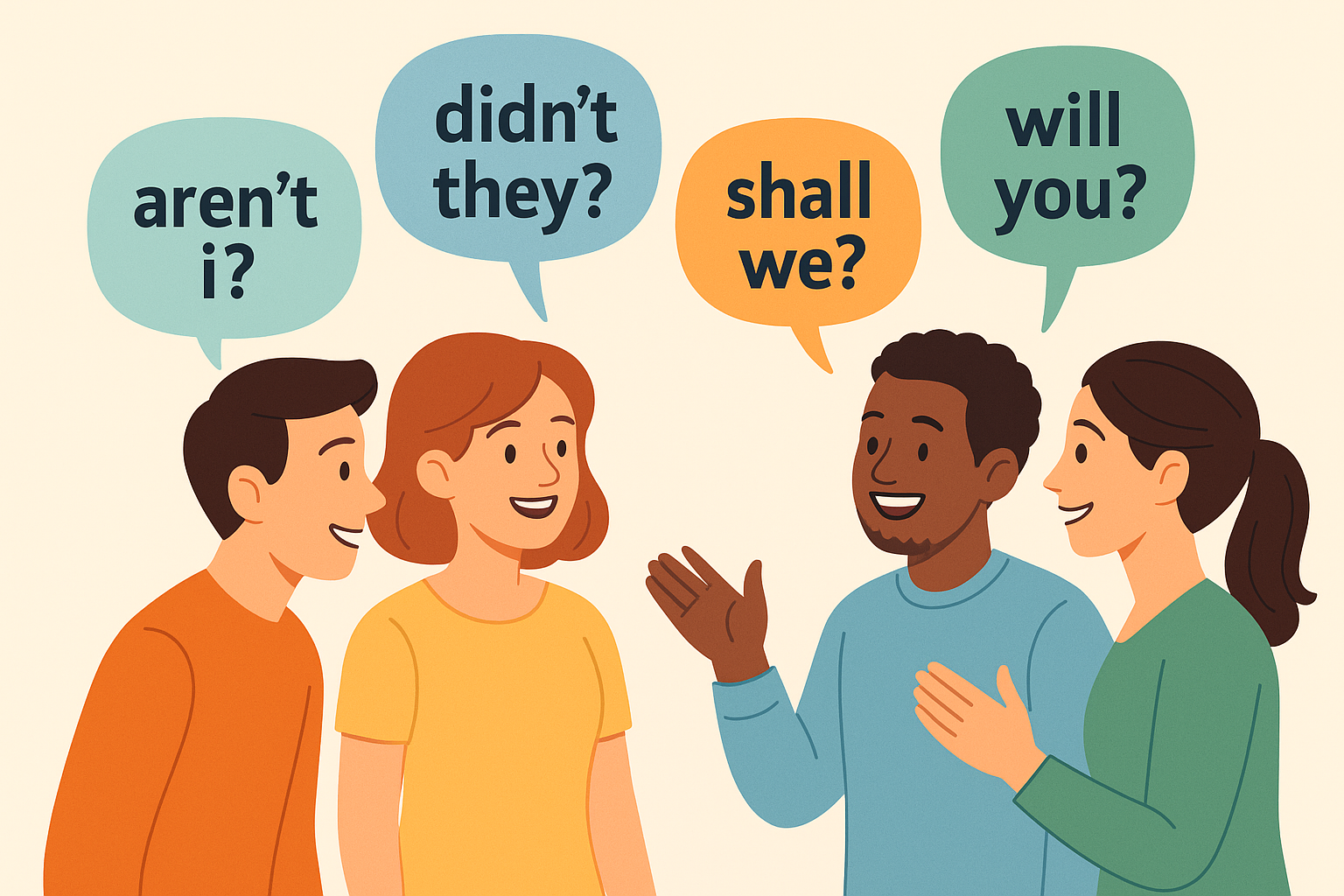Thanksgiving in the United States is a holiday that celebrates gratitude, harvest traditions, and family. Indigenous nations held ceremonies of thanks long before Europeans arrived. Early European settlers also observed thanksgiving events, including the 1621 harvest gathering between the Pilgrims and the Wampanoag. In 1789, George Washington declared the first national day of thanksgiving, and in 1863 Abraham Lincoln made it an annual holiday during the Civil War. Modern traditions—family meals, turkey, parades, football, and travel—developed over the 1900s. In 1941, Congress set Thanksgiving as the fourth Thursday of November, creating the holiday Americans celebrate today.
Thanksgiving in the United States










